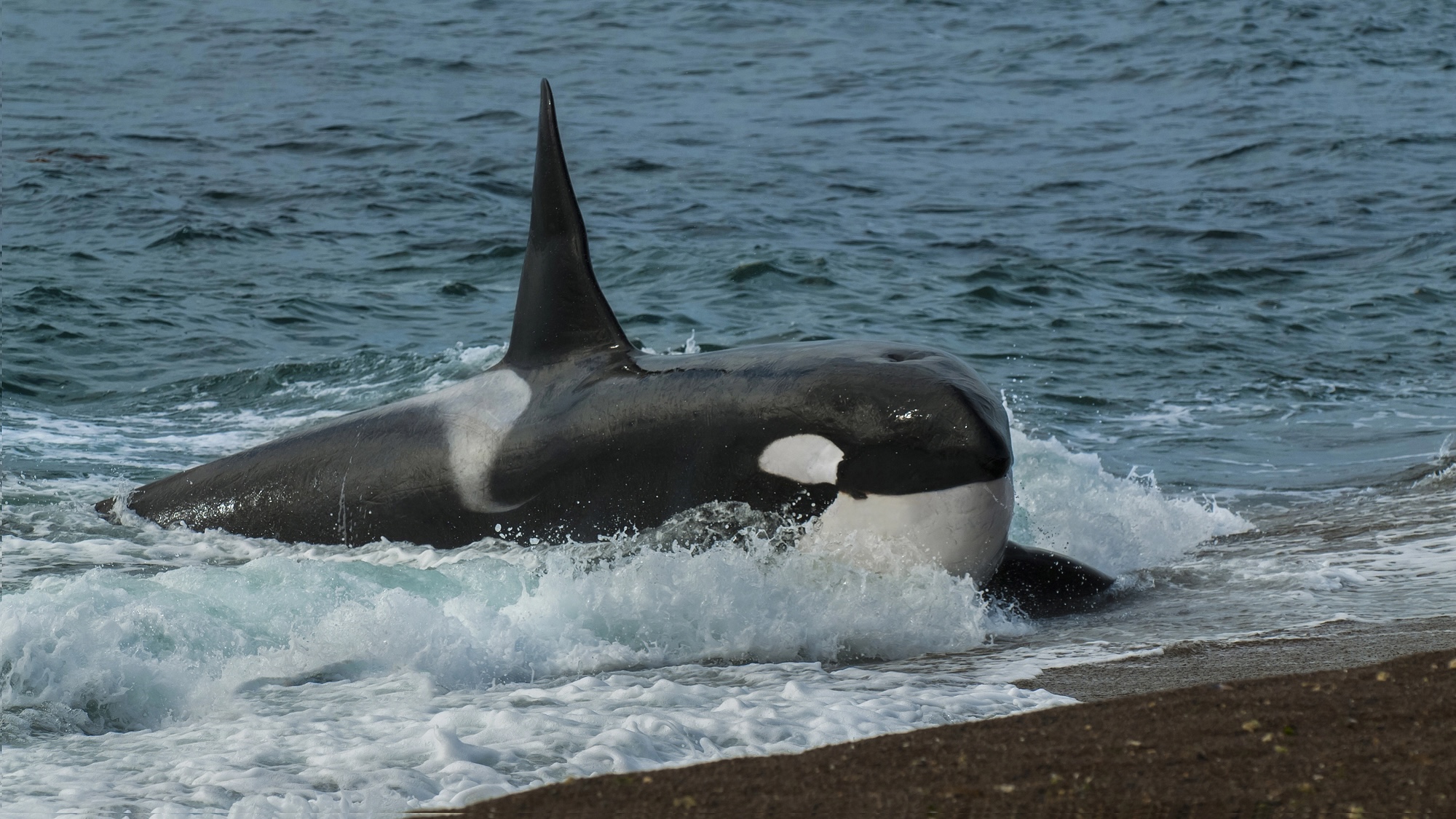Now Reading: Wild Orcas Spotted Sharing Food with Humans
-
01
Wild Orcas Spotted Sharing Food with Humans
Wild Orcas Spotted Sharing Food with Humans

Fast Summary
- A study published in the Journal of Comparative Psychology confirmed 34 instances of orcas voluntarily approaching humans and offering food over the last 20 years.
- Researchers noted that food-sharing is a prosocial activity commonly observed among orca pods to strengthen relationships.
- The study documented 11 cases were orcas interacted with humans swimming, 21 cases near boats, and two from shore. Items offered included fish, mammals, invertebrates, birds, reptiles, and even seaweed.
- Stringent criteria were applied for inclusion in the study: video/photo evidence accompanied by witness interviews were analyzed to verify incidents.
- Orcas vary by age and sex but often appeared to wait for human reactions; some reattempted offering items. Researchers suggested this behavior might allow orcas to practice cultural habits while exploring human interaction.
- The team highlighted potential evolutionary parallels between whales’ cognitive abilities and those of higher-order primates.
Images Included:
- A juvenile killer whale offers eagle ray liver underwater (Credit: Steve Hathaway).
- Another whale presents a mobula ray on a boat (Photo: Lucía Corral).
- Juvenile female killer whale offering a seal (Photo: Jared R. Towers).
- Adult female retrieving eagle ray after an offer (Photo: Brian Skerry).
Indian Opinion Analysis
The findings highlight meaningful observations about interspecies interaction involving apex predators like orcas, which could have intriguing ecological implications globally-including for India as it navigates marine conservation efforts along its vast coastline. While India has no native orca population in comparable habitats-focused research into such behavioral patterns with other marine species may deepen insights into wildlife socialization amidst anthropogenic activities.
India’s biodiversity calls attention not only to sustainable ecosystems but ethical coexistence between humans and aquatic fauna-a key thread underscored here is bridging scientific understanding behind prospective convergences across evolution beyond immediate domestic predator domestication-loop suggesting cross-species cognitions trustees equilibrium



























